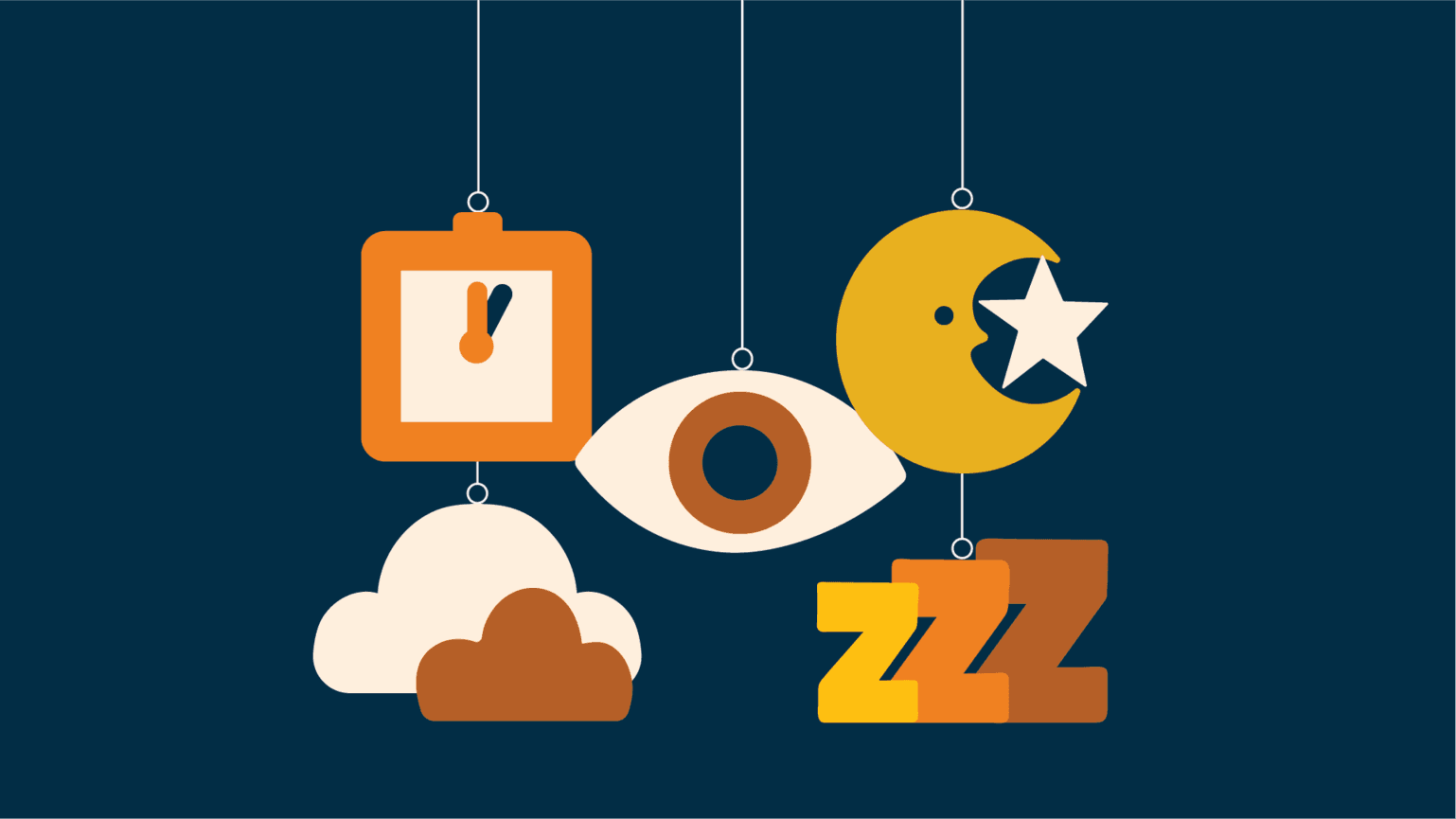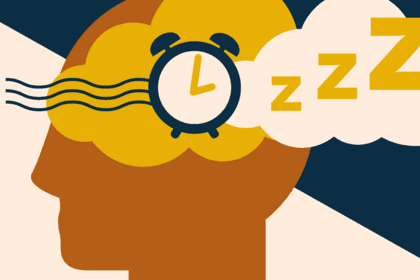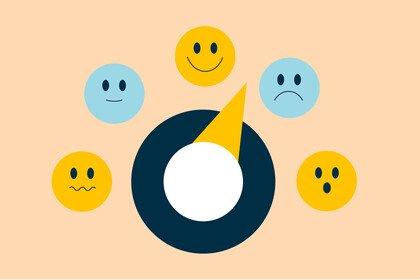Every biological system within the body – from cardiovascular and digestive systems, to sleep-wake cycles – follow circadian rhythms that are connected to a ‘circadian pacemaker’. This is located in the suprachiasmatic nucleus (SCN) in a part of the brain called the hypothalamus.
The SCN sends signals to regulate activity throughout the body. It is highly sensitive to light, one external signal it uses to coordinate the body’s internal processes.
When our circadian rhythms are fully aligned with the 24-hour day-night cycle, they promote consistent, good quality sleep that restores the body. However, when this rhythm is thrown out of synch, it can cause significant sleep disturbances.
Among the most common examples of circadian rhythm disruption is jet lag. This occurs when circadian rhythms are disrupted by long haul travel, usually over several time zones. It can cause mood disturbances, anxiety, tiredness, a change in appetite, and affect stomach and bowel function.
Another is shift work disorder, which is associated with symptoms that are similar to jet lag – and with increased likelihood of mental health problems like depression. This is caused by frequently rotating shifts or regularly working at night.




